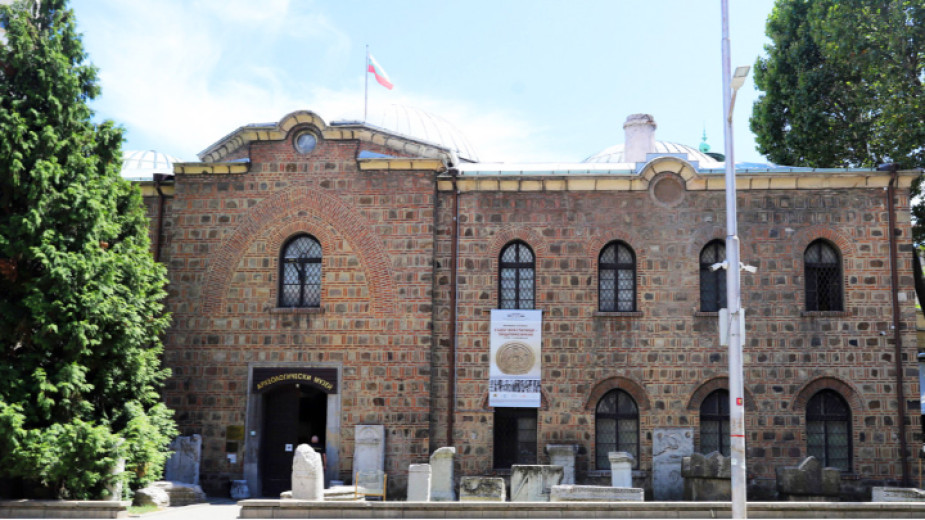 4
4
The initiative European Archaeology Days 2024, taking place in a number of European countries, offers a different view of archaeology as a science, and as the basis for communication, and the public sharing of the European heritage, as well as easier access to it. Bulgaria is taking part via its National Archaeological Institute with Museum at the Bulgarian Academy of Sciences, from June 14 to 16. 
The idea of the museum is to turn museum space into a place for fun, communication and education overstepping national bounds, and bringing the board international public in contact with prehistoric, Thracian, late antique, medieval and Ottoman culture in the Southeastern Balkans, the organizers say. The programme features events targeted at families, schools, university students, and anyone with an interest in the world archaeological heritage.
Visitors can delve into times long gone by with a free virtual 3D tour of the National Archaeological Museum and a series of digital exhibitions. Access to all this is provided by the digital resources developed by the scientists from the Archaeological Institute with Museum and from the company Revival Design. Via these digital resources, visitors can see exhibits from the museum’s main exposition in four main halls – Prehistory, Vault, Central Hall and Middle Ages, where the gallery with 14th-18th century Eastern Orthodox icons is located.
Compiled by Gergana Mancheva
Translated and posted by Milena Daynova
Photos: BGNES, BTA, facebook.com/archinstitutebg
On November 30, the Bulgarian Orthodox Church honors the memory of St. Apostle Andrew . In Bulgaria the saint is known as Saint Andrey and the folk holiday as Andreevden . Saint Andrew’s Day gives the start to the series of winter holidays..
The head of the statue of Tyche, the goddess of Philippopolis, has been discovered in the Episcopal Basilica in Plovdiv, said the head of the excavations Lyubomir Merdzhanov. According to him, this is an extremely rare artefact that has been awaited..
105 years ago, on November 27, 1919, a treaty was signed in the Parisian suburb of Neuilly-sur-Seine, officially ending Bulgaria's participation in World War I (1914-1918). Historians define the document as "another national..

+359 2 9336 661
